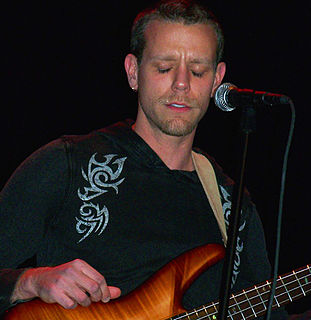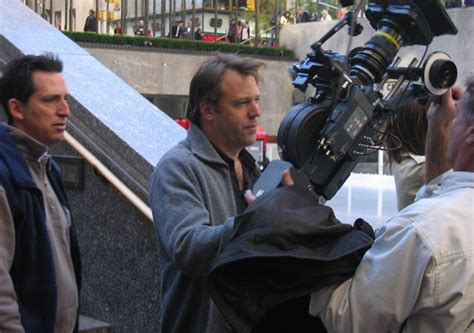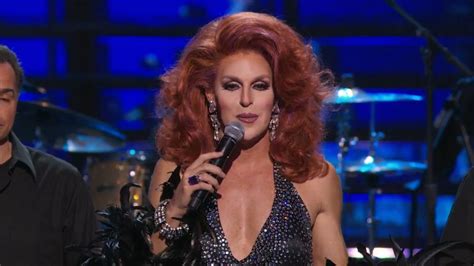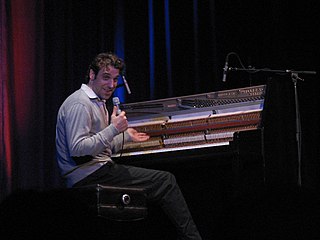A Quote by Greig Fraser
Emotionally, light very much influences, I feel, the audience. It's not something that most audience members are conscious of, which is a good thing, because it means as filmmakers, we have the opportunity to gently control an audience into feeling a certain way.
Related Quotes
If I can get the audience to connect with the characters emotionally - and they love who they are, they love the larger-than-life situation that they're in, but most of all get the audience invested in the characters - then I always feel like I can sort of put them in the most outrageous circumstances, and the audience is okay to go with that.
Speakers find joy in public speaking when they realize that a speech is all about the audience, not the speaker. Most speakers are so caught up in their own concerns and so driven to cover certain points or get a certain message across that they can't be bothered to think in more than a perfunctory way about the audience. And the irony is, of course, that there is no hope of getting your message across if that's all the energy you put into the audience. So let go, and give the moment to the audience.
I'm living as an artist, and that's a staggering feeling, it's a total luxury. And because you have this amazing chance, with so much freedom, I'm determined to make something that is worth that. I feel this responsibility - to create something that makes an audience feel, which takes them somewhere. But that's very hard to achieve.
Well, I think it's important to keep things secretive because what's happened so much is the press competes with each other to put as much information out there as they can and sometimes it can be very damaging to the films to have the stories leaked or certain plot details. I think it's important to have something remain secretive for the audience and something special for the audience so there aren't spoilers all over the internet.
Im living as an artist, and thats a staggering feeling, its a total luxury. And because you have this amazing chance, with so much freedom, Im determined to make something that is worth that. I feel this responsibility - to create something that makes an audience feel, which takes them somewhere. But thats very hard to achieve.
To me, a performance is a military operation; it requires so much planning, and then ripping up the plan the minute you get there because you have no idea what the audience is feeling. I'm very much an entertainer, and sensitive to the audience's perception of me. I often have to do unexpected things, even for myself.






































